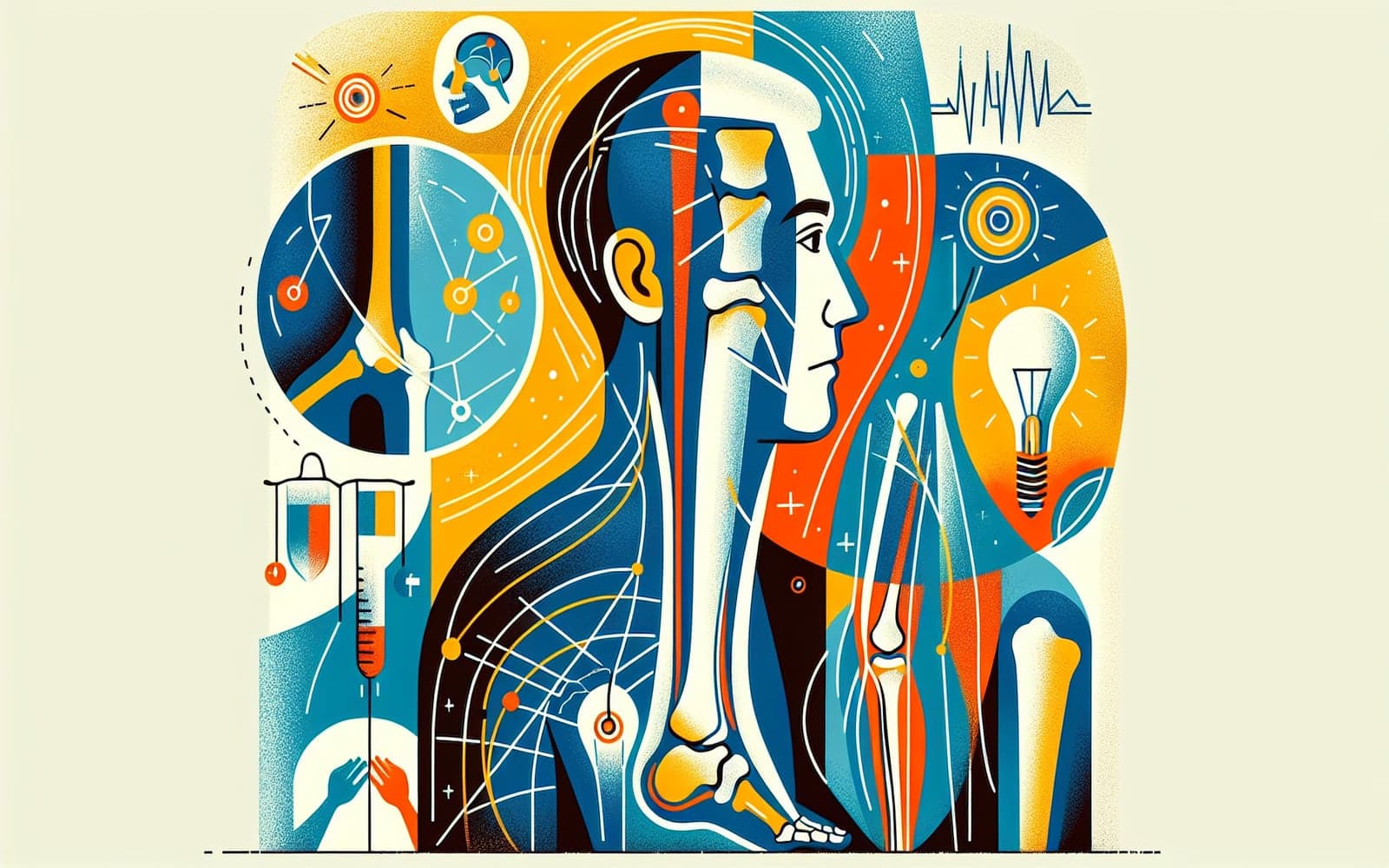Tibial Shaft Fractures: What You Need to Know
Published: Dec 15, 2023

Medically reviewed by Alan Lucks | MD, Alan Lucks MDPC Private Practice - New York on December 15th, 2023.
Tibial shaft fractures are a common and serious injury to the lower leg. Let's dive into what causes them, how they're diagnosed, and what you can expect in terms of treatment.
Contents
What Causes Tibial Shaft Fractures?
Tibial shaft fractures often happen due to high-energy trauma like car accidents. Sports injuries and falls are also common causes, especially in older adults. The tibia, being a major weight-bearing bone, is vulnerable to these types of injuries.
Diagnosing the Injury
Doctors use X-rays to diagnose tibial shaft fractures, which show the location and type of fracture. Sometimes a CT scan is needed for more detailed images. The severity of the fracture can affect the treatment approach.

Why It's Important to Treat Quickly
Untreated tibial fractures can lead to complications like compartment syndrome, which is serious. Quick diagnosis and treatment are crucial to prevent long-term issues such as nonunion or chronic pain.
Frequently Asked Questions
It's a break in the main part of the shinbone.
They make up about 2% of all adult fractures.
Car accidents, sports injuries, and falls.
Primarily through X-rays and sometimes CT scans.
Key Takeaways
Understanding the causes and diagnosis of tibial shaft fractures can prevent serious complications.
Talk to Doctronic for more insights into tibial shaft fractures.Related Articles
References
Laurila J, Huttunen TT, Kannus P, et al. Tibial shaft fractures in Finland between 1997 and 2014. Injury 2019; 50:973.
Schmidt AH, Finkemeier CG, Tornetta P 3rd. Treatment of closed tibial fractures. Instr Course Lect 2003; 52:607.
This article has been reviewed for accuracy by one of the licensed medical doctors working for Doctronic. Always discuss health information with your healthcare provider.

